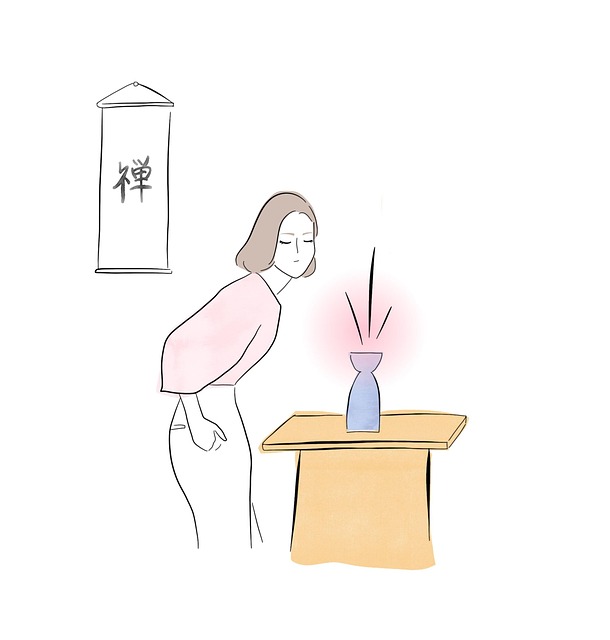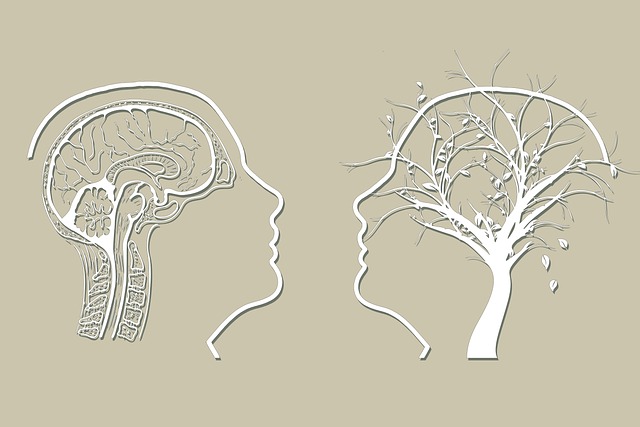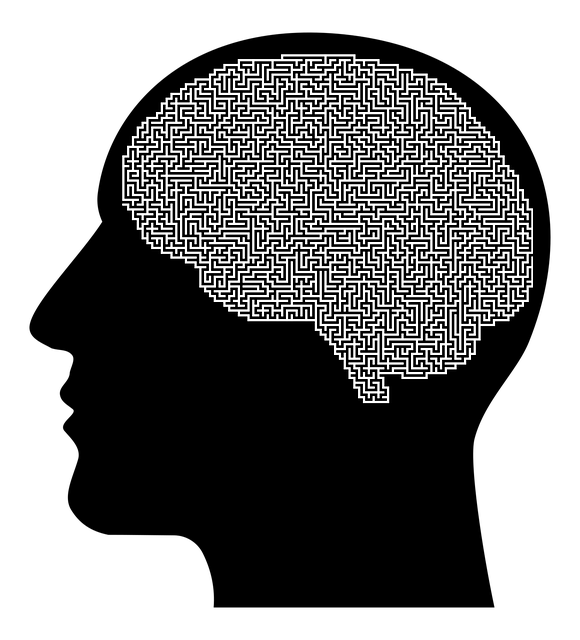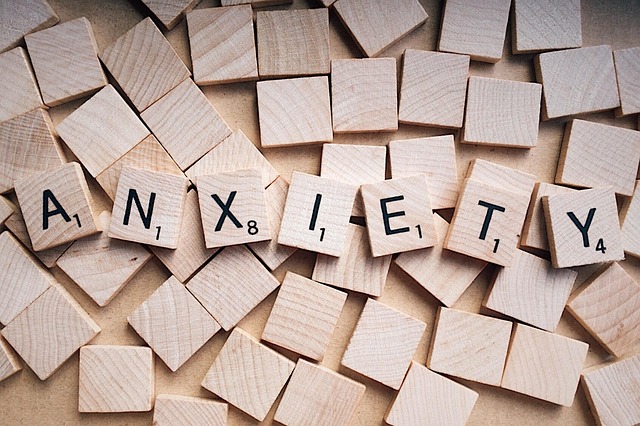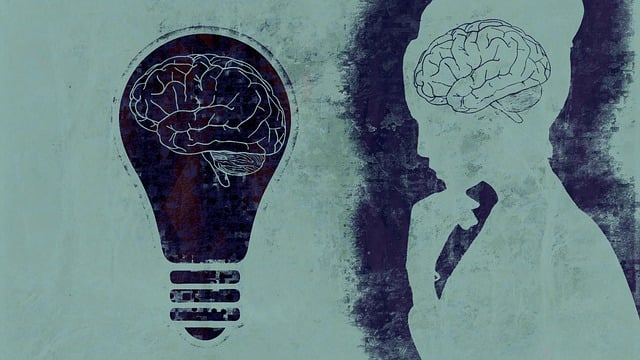Positive thinking, recognized as a powerful Golden Post-Traumatic Stress Disorder (PTSD) therapy, enhances mental health by reframing negative thoughts and cultivating optimism. This approach, combining cognitive behavioral therapy, mindfulness meditation, and structured journaling, prevents burnout and improves coping mechanisms for trauma survivors. By integrating practices like meditation, affirmations, and visualization into daily routines, individuals can foster resilience, navigate challenges optimistically, and track improvements in overall well-being through measurable milestones. Stress Management Workshops further enhance outcomes, empowering individuals to proactively manage stress and promote long-term mental health.
“Unleash the power of positive thinking as a transformative tool for mental health, especially in managing Post-Traumatic Stress Disorder (PTSD). This article delves into the profound impact of positive thinking and introduces an innovative approach—Golden PTSD Therapy. We explore practical strategies to implement positive thinking exercises, offering valuable insights for professionals and individuals seeking effective treatment. From overcoming challenges to measuring success, discover how this holistic method enhances well-being.”
- Understanding Positive Thinking and its Impact on Mental Health
- Golden Post-Traumatic Stress Disorder (PTSD) Therapy: A Brief Overview
- Implementing Positive Thinking Exercises: Practical Strategies
- Overcoming Challenges and Measuring Success in PTSD Treatment
Understanding Positive Thinking and its Impact on Mental Health

Positive thinking is a powerful tool that can significantly influence an individual’s mental health and overall well-being. It involves cultivating optimistic attitudes, focusing on personal strengths, and reframing negative thoughts into more positive ones. This simple yet profound practice has been recognized as an effective Golden Post-Traumatic Stress Disorder (PTSD) therapy, offering a natural and accessible way to heal and manage trauma-related symptoms. By embracing positive thinking, individuals can enhance their resilience and coping mechanisms, leading to improved mental wellness.
Incorporating positive thinking into daily routines can serve as a proactive approach to stress reduction methods. It helps individuals navigate challenging situations with increased optimism and adaptability. Moreover, raising public awareness campaigns development around these practices can contribute to broader mental health initiatives. Positive thinking, when combined with other therapeutic techniques, empowers people to take control of their mental wellness journey, fostering a sense of empowerment and self-care.
Golden Post-Traumatic Stress Disorder (PTSD) Therapy: A Brief Overview

The Golden Post-Traumatic Stress Disorder (PTSD) Therapy is a revolutionary approach that combines elements of traditional PTSD treatment with modern mindfulness practices. This therapy focuses on helping individuals process and heal from traumatic experiences, aiming to restore mental balance and enhance overall well-being. By integrating techniques such as cognitive behavioral therapy, exposure therapy, and mindfulness meditation, Golden PTSD Therapy offers a comprehensive solution for managing symptoms associated with trauma.
One of the key benefits lies in its ability to prevent burnout, a common issue among individuals dealing with PTSD. Through structured journaling exercises that encourage mental wellness reflection, this therapy empowers people to track their emotions and thoughts. This self-awareness is crucial for effective mood management, allowing individuals to establish healthy coping mechanisms. Golden PTSD Therapy also provides practical guidance on implementing these practices in daily life, fostering resilience and promoting long-term mental health.
Implementing Positive Thinking Exercises: Practical Strategies

Implementing Positive Thinking Exercises involves integrating practical strategies into daily routines for emotional well-being promotion techniques. Start by setting aside dedicated time each day for mindfulness practices, such as meditation or journaling, which are proven stress reduction methods. Incorporate affirmations and positive self-talk to counterbalance negative thought patterns. Simple exercises like visualizing successful outcomes can significantly enhance mental resilience, especially in navigating challenging situations.
For those dealing with post-traumatic stress disorder (PTSD), incorporating these practices can be a powerful golden therapy. By consistently applying emotional well-being promotion techniques, individuals can experience burnout prevention and improved coping mechanisms. Remember, positive thinking exercises aren’t about ignoring difficulties but rather cultivating a mindset that fosters resilience in the face of adversity.
Overcoming Challenges and Measuring Success in PTSD Treatment

Overcoming challenges is a pivotal aspect of Golden Post-Traumatic Stress Disorder (PTSD) therapy. The journey towards recovery often involves navigating through difficult emotions and memories associated with traumatic events. However, by incorporating effective stress management techniques, such as conflict resolution strategies, individuals can learn to respond rather than react to stressful situations. These skills not only help in managing symptoms but also empower individuals to take control of their lives.
Measuring success in PTSD treatment is a nuanced process that goes beyond mere absence of symptoms. It involves tracking improvements in daily functioning, relationships, and overall quality of life. Successful PTSD therapy should lead to increased resilience, better stress management skills, and improved ability to cope with challenging situations. Regular participation in Stress Management Workshops organized by reputable institutions can significantly enhance these outcomes, providing individuals with practical tools for long-term recovery and well-being.
Positive thinking exercises, as a component of Golden Post-Traumatic Stress Disorder (PTSD) therapy, offer a promising path towards mental health recovery. By integrating practical strategies into daily routines, individuals can navigate the challenges of PTSD and cultivate a more optimistic outlook. This holistic approach, backed by scientific research, empowers folks to take control of their well-being and embrace a brighter future. Through consistent practice, these exercises have the potential to transform lives, providing lasting resilience against the impacts of trauma.


